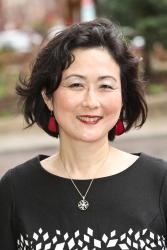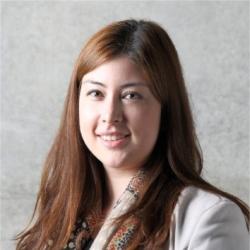
Suzanne Maloney, Itamar Rabinovich, Mara Karlin, Vanda Felbab-Brown, Stephanie T. Williams, Sharan Grewal, Steven Heydemann, Dafna H. Rand, Aslı Aydıntaşbaş, Kemal Kirişci, Hady Amr, Constanze Stelzenmüller, Pavel K. Baev, Steven Pifer, Ryan Hass, Tanvi Madan, Lynn Kuok, Michael E. O’Hanlon, Caitlin Talmadge, Joshua Rovner, Samantha Gross, William A. Galston, Scott R. Anderson +18 more
March 3, 2026










